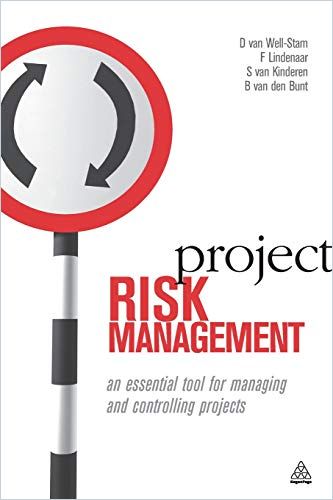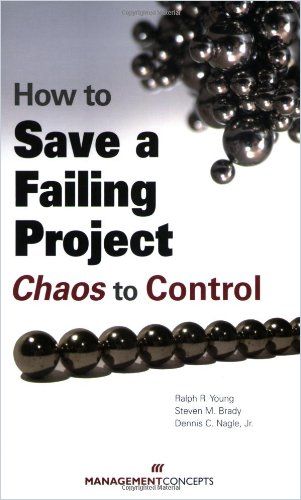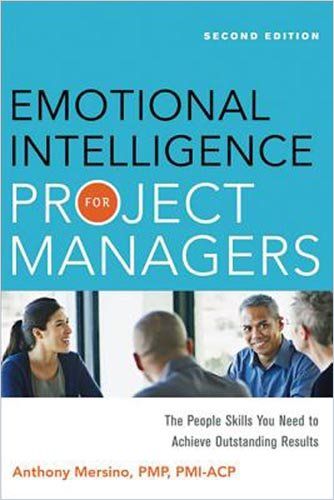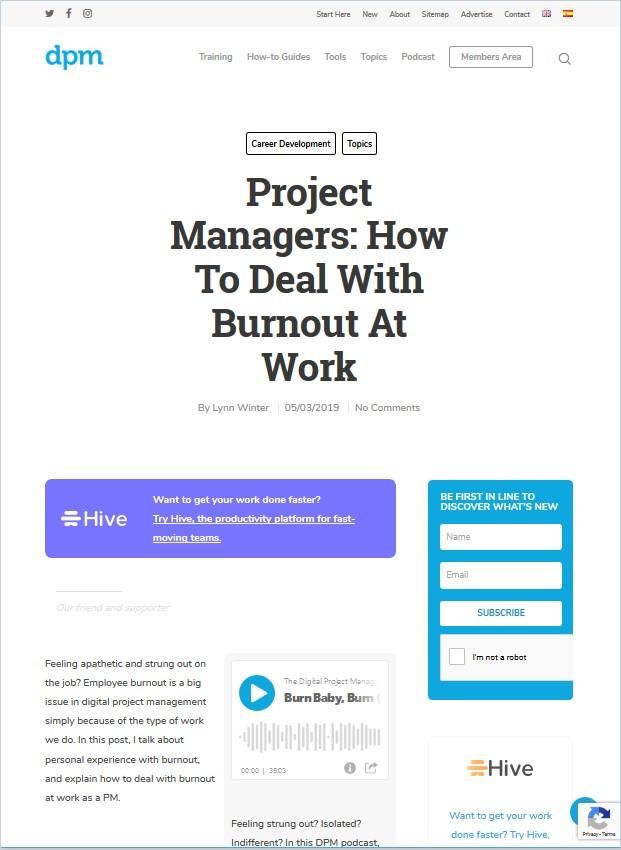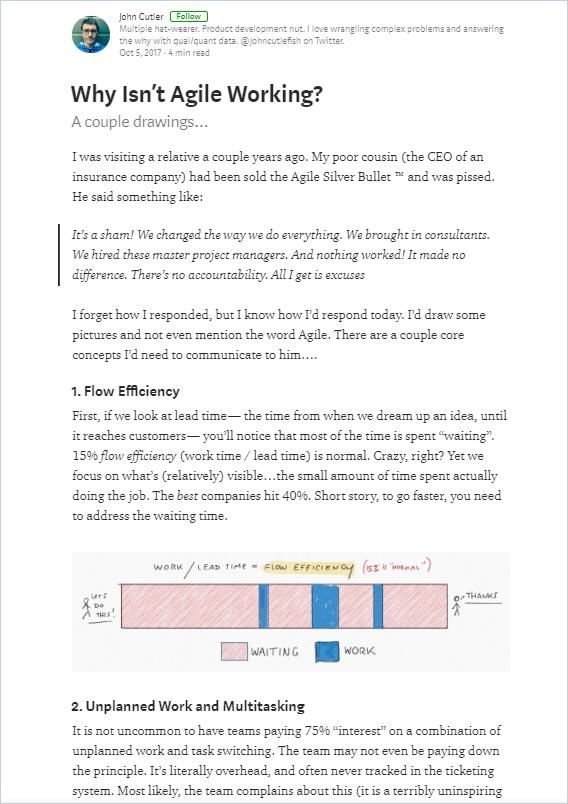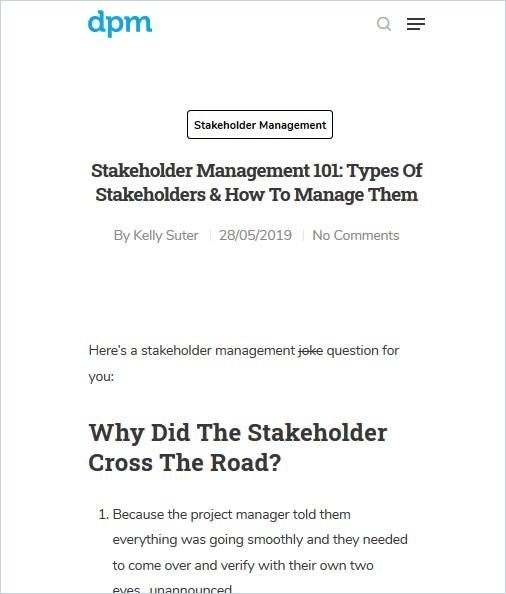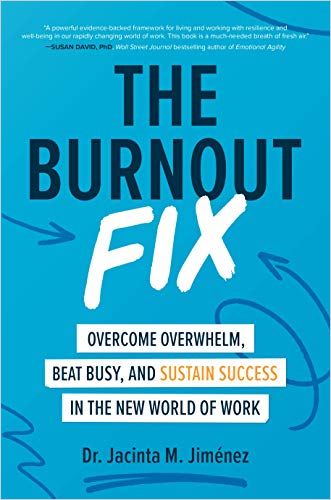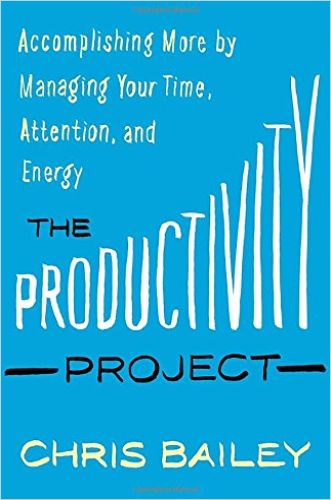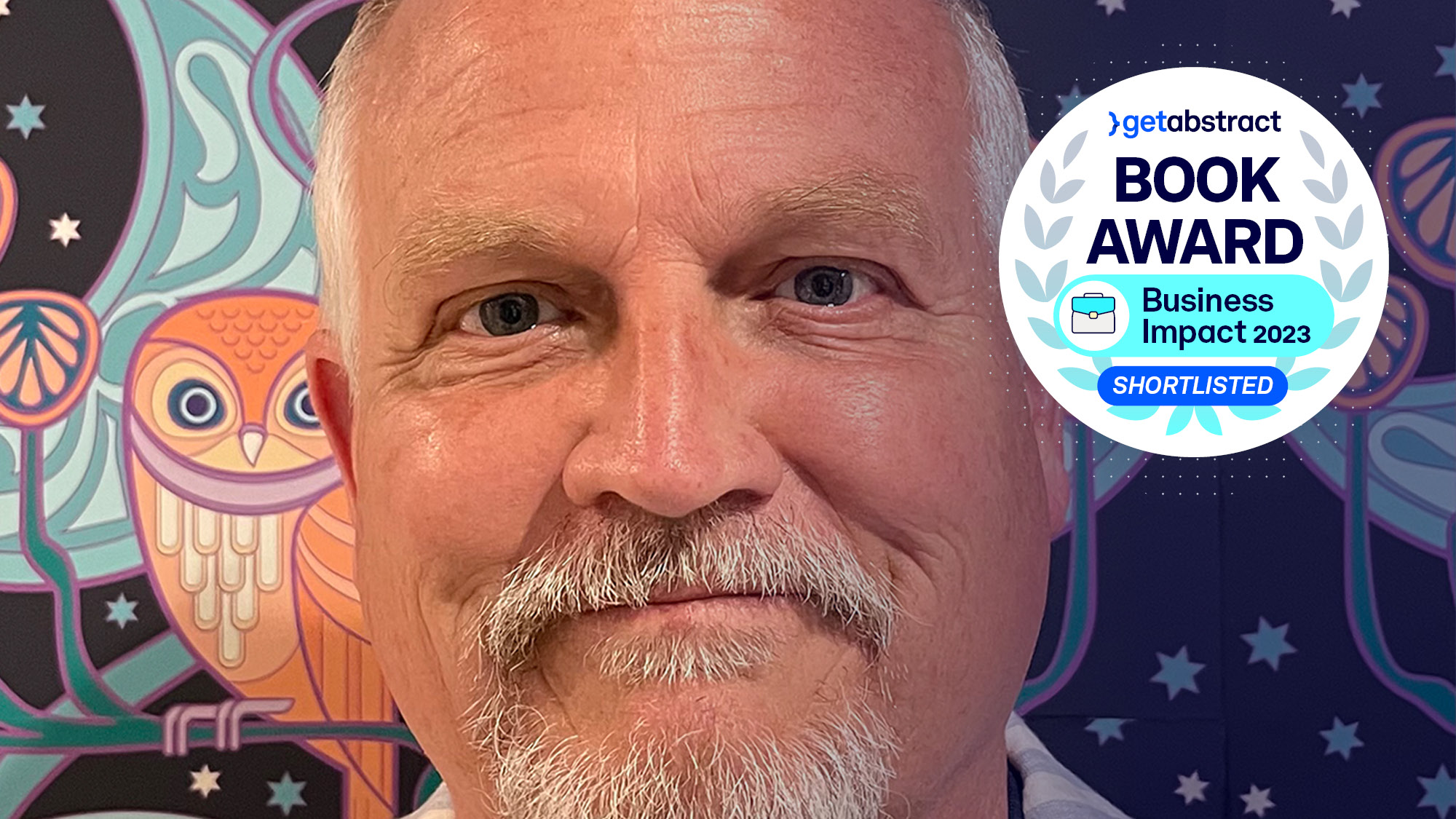What Can We Do to Support Our Project Managers?

Amita Sharma, CSM at getAbstract, explains that currently, “many workers are juggling multiple concurrent projects. Facing stress, timelines and decision-makers isn’t always an easy balancing act. Ensuring that you follow every step in the project management cycle can be especially difficult when project deadlines are quickly approaching.”
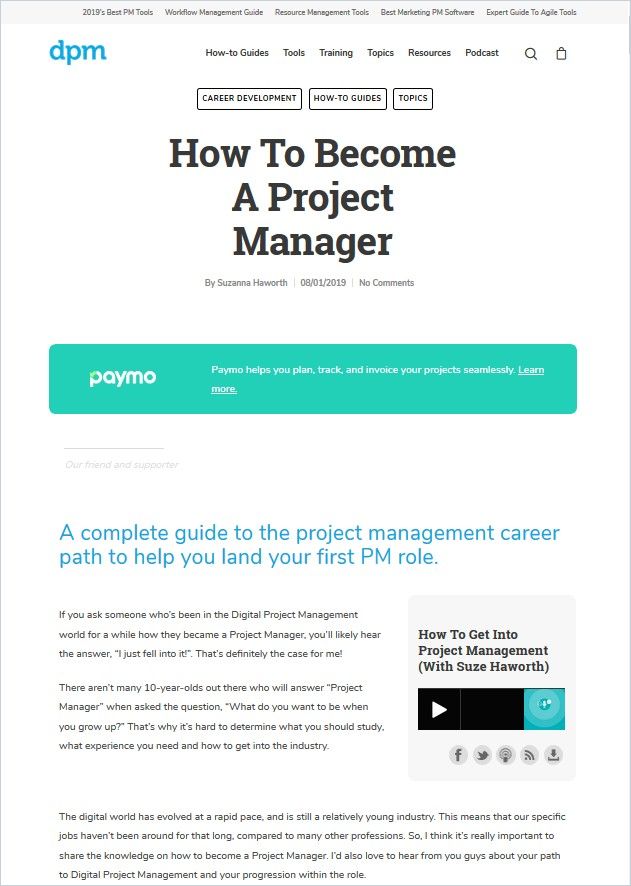
Project managers experience many of the same stressors that their colleagues navigate. “Employees are looking for guidance on how they can easily follow and understand the project management functions required in a project management role, as well as master soft skills that make working with their colleagues easier,” Sharma adds. “Ultimately, they would like to learn to be more efficient and agile in their roles to increase overall success.”
Like communication, project management skills empower employees with transferable knowledge applicable in any role at any level.
Whether it is a solo project or a cross-functional endeavor, Forbes outlines four skills that every employee should work to master.
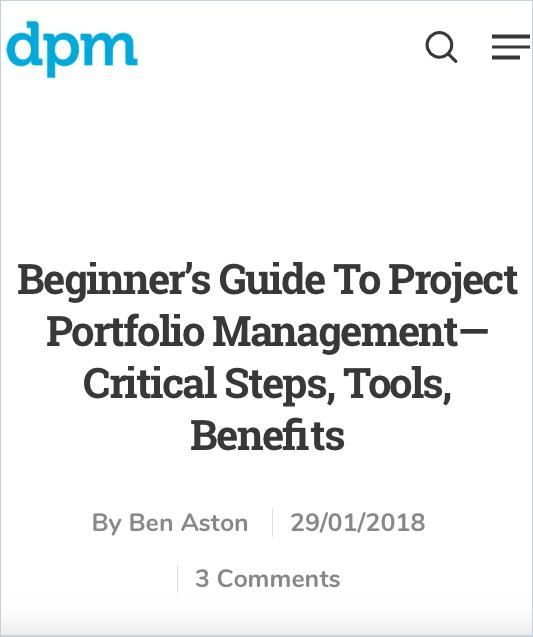
Beginner’s Guide to Project Portfolio Management
Digital Project Manager Read Summary- “Skill #1 – Using project charters.”
- “Skill #2 – Vetting ideas to weed out the bad ones.”
- “Skill #3 – Conducting risk analysis.”
- “Skill #4 – Debriefing projects.”
Soft Skills for Project Managers
Emotional intelligence is the ability to perceive and control your feelings. As a manger, you will find that developing strong emotional intelligence can help you understand other people’s feelings and encourage them to do better work.
Emotional intelligence isn’t static. You can improve your command of it, a growth step that will have a positive impact on your career as a project manager. The task is particularly challenging because project managers generally work on unique, temporary undertakings and often don’t have direct authority over all the members of their teams. The first step to emotional intelligence is that managers must know how to control themselves before they can lead others.
Stressors
Project managers are familiar with the stressors of project management: Pressing priorities, budget constraints and multiple stakeholders all inadvertently add stress to a PM’s role. Steven Flannes explains that PMs and organizations should focus on addressing the “connection between the increase of levels of stress and the decrease in performance.”
In his paper, “Tangible tips for handling the endless stress in project management,” Flannes helps PMs understand how to manage stress when it arises to keep their cognitive skills sharp.
Since stress is inevitable, the best advice is to learn how to handle it in healthy and practical ways.
Be careful not to normalize high stress levels.
Project Sponsorship
Developing the right skills is critical; however, PMs’ allies are equally essential to their ability to deliver on expectations. So, how can their colleagues and organizations contribute to their success? Being a project sponsor can make or break the success of a project, says management expert Michiel van der Molen.
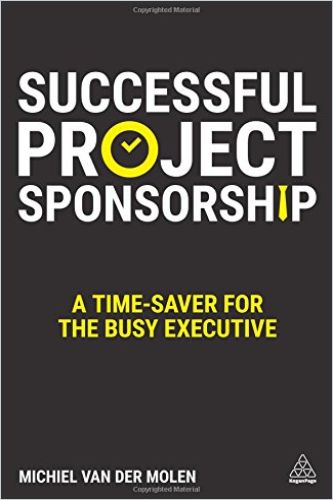
Organizations need to change the prevailing notion about who is in charge by promoting professional project sponsorship and acknowledging that the project sponsor – not the project manager – owns the project and takes responsibility for it.
